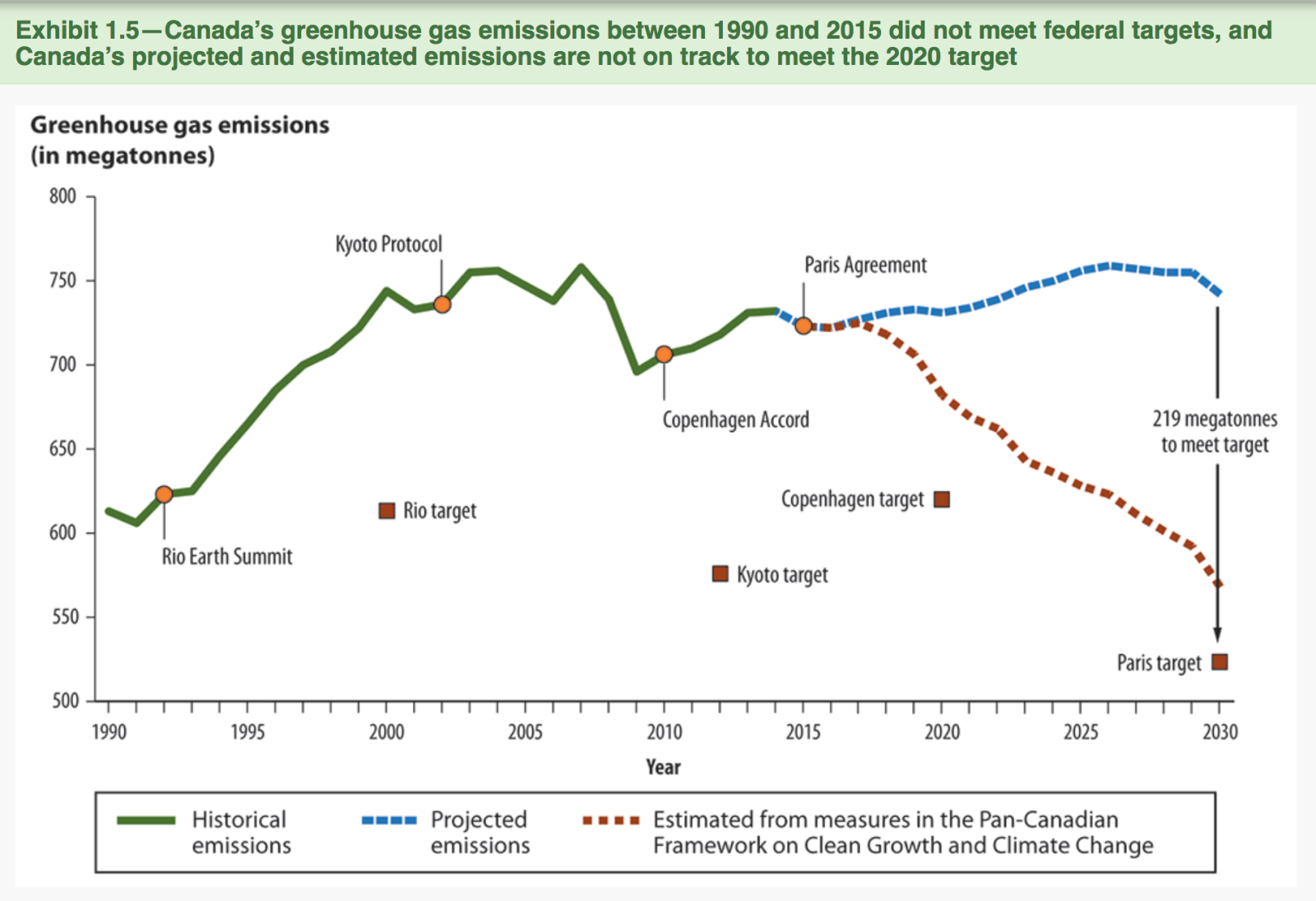Montreal protest supports Chippewas, calls for Line 9 shutdown
In Montreal, protesters called for an end to the 9B pipeline on Dec. 18, walking through snow and sleet from Suncor refinery in Montreal East to Montreal City Hall. The protest marks one year since Enbridge Inc. began transporting its dangerous oil from Alberta to Montreal through Line 9.
16-kilometre march, the protesters expressed their views to those who stood to listen. “Enbridge Line 9B is a threat to our drinking water,” said Louise Morand, a member of Regroupement Vigilance Hydrocarbures Quebec (RVHQ), which is made up of 130 citizens groups across the province....






